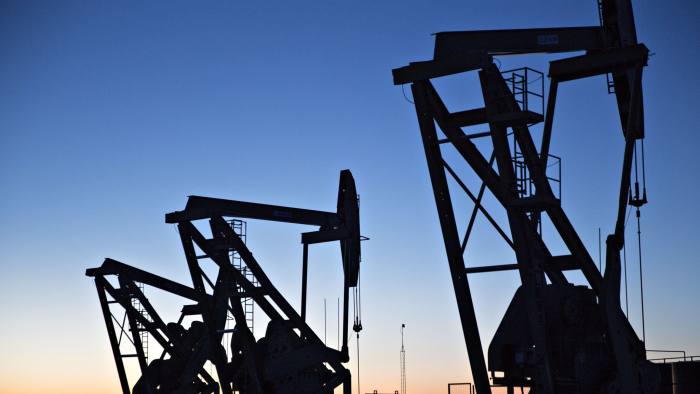Fossil fuels are the remains of dead plants and other organisms, buried beneath layers of rock and sediment. It took them millennia to become carbon-rich deposits of what we now call fossil fuels. Fossil fuels power our life, because of them we have heat and light in our home, we can drive our cars and we can use plastic products.
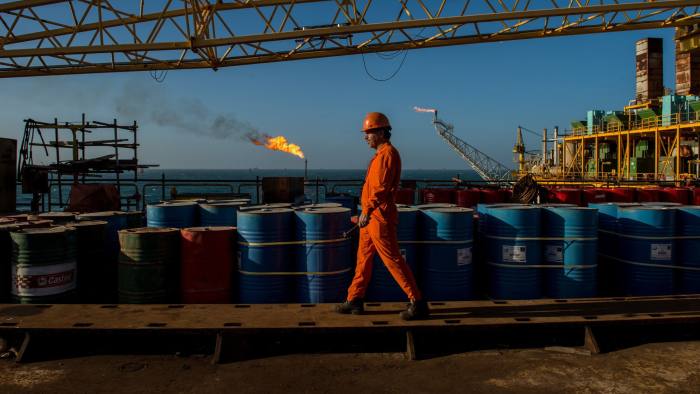
Fossil fuels come from deposits in different parts of the world. They come in the form of natural gas, oil and coal. Fossil fuel plants use them to create a variety of products we use on a daily basis.
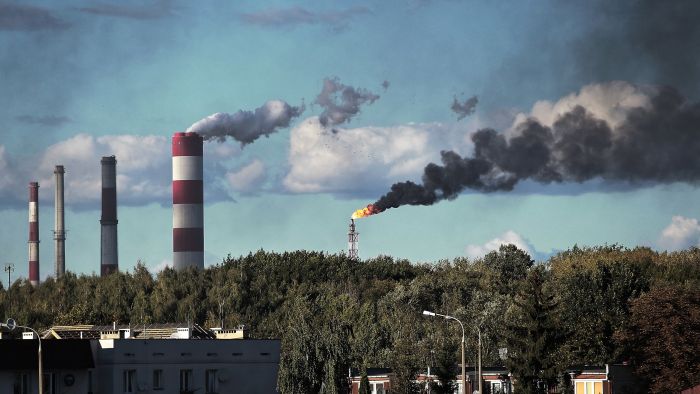
Unfortunately, fossil fuels are non-renewable sources of energy. Burning fossil fuels releases carbon dioxide and other gases which harm our planet and cause climate change and global warming.
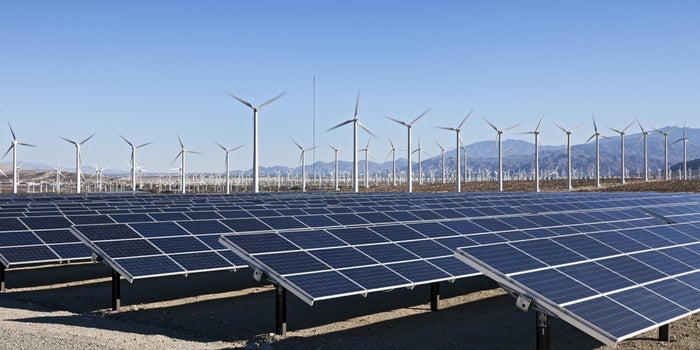
Let’s see what’s a fossil fuel and what are the major types of these fuels.
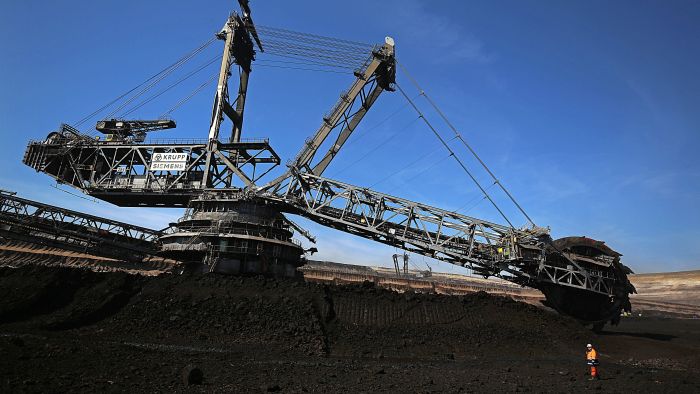
Coal
Coal is brown or black chunks of rock which formed millions of years ago. There is different types of coal depending on its carbon content. This fossil fuel supplies a third of all energy in the world. Carbon dioxide emissions from burning coal are the biggest single source of global temperature increase.
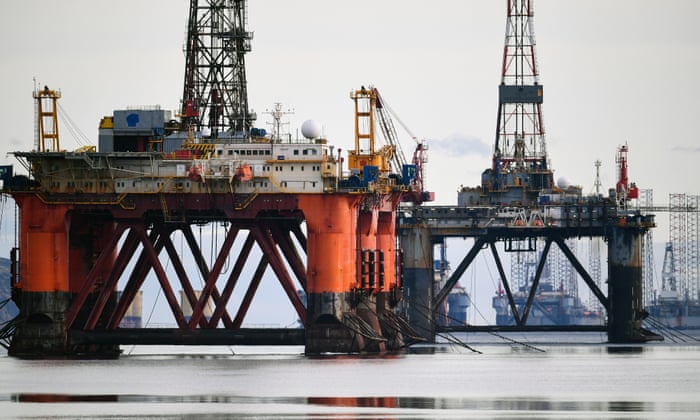

Oil
Crude oil is a thick liquid mix of hydrogen and carbon. It’s usually black but the color may vary depending on the chemical composition. It formed on the bottom of the seas by decomposing plankton and algae. Crude oil is extracted both onshore and offshore and is refined into different petroleum products. Petroleum use accounts for almost a third of the global total carbon emissions. Our mobility needs and the demand for products we use daily – like plastics, drive the oil demand.
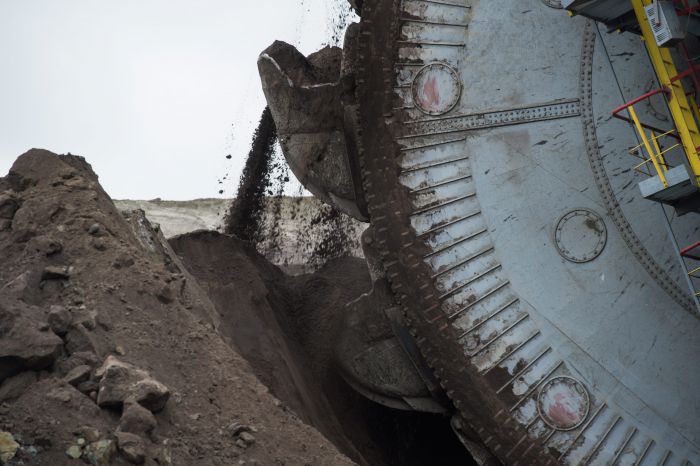
Natural gas
It’s an odourless methane gas compound. It’s a result of decaying plants and organisms. Natural gas is cleaner than other types of fossil fuels, especially when it comes to emissions. Still, the gases that escape from the processes in the industry can be significant. Not all of the natural gas sources in the world actively mined, some deposits of natural gas are trapped in frozen water.
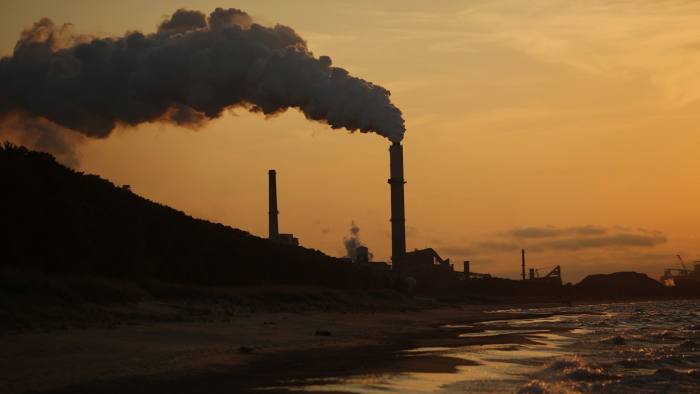
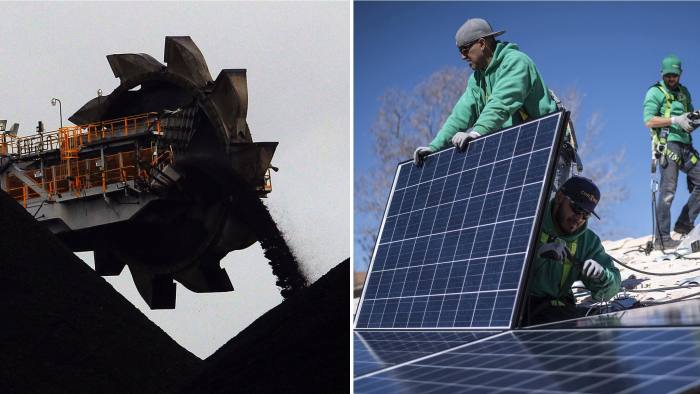
Fossil fuels are our main source of energy, but they are not limitless and they are causing significant harm to the environment. The shift towards renewable energy is very important for our future and that of our planet. But it will require a change in our lifestyle and a major decrease in the use of fossil fuels. The question is, are we ready for this shift?

